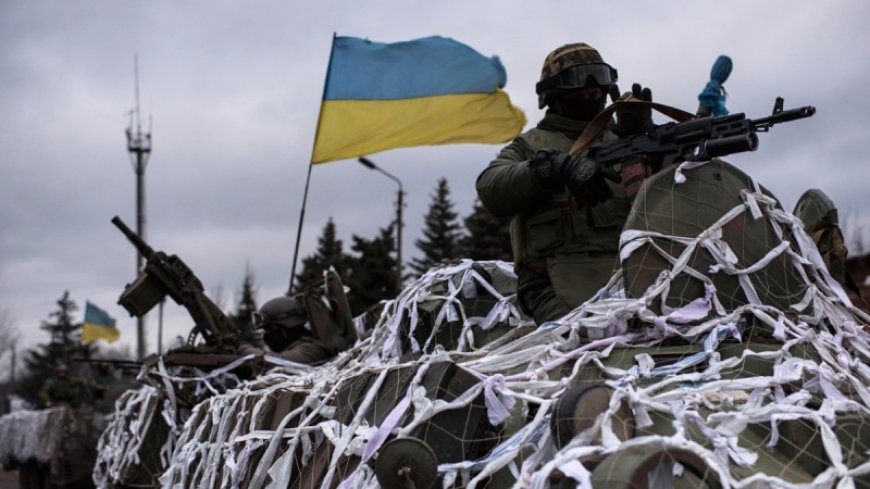Escalating tensions between Poland and Ukraine: stopping military aid
Poland announced on the evening of Wednesday, September 20, that it will no longer supply weapons to Ukraine. A statement that shows the growing tensions between these two allies at a critical moment.

Polish Prime Minister Mateusz Morawiecki said: “We will no longer transfer any weapons to Ukraine.” He explained: "We are mainly concentrating on rapidly modernizing and arming the Polish army so that it can become one of the most powerful land armies in Europe in a very short period of time." Poland's new and, of course, clearly anti-Ukrainian position indicates growing tensions between the two countries. Until now, Poland has played a key role in providing military support and armament to Ukraine during the Russo-Ukrainian War and is the main transit point for the penetration and delivery of Western aid to Ukraine. In addition, Warsaw itself sent enormous military aid and weapons to Ukraine.
In this regard, the Polish Ministry of Defense at the end of July 2023 announced that this country had provided Kyiv with military assistance worth three billion euros ($3.31 billion) since the beginning of the Ukrainian war. However, the emergence of various issues has caused a serious gap between Poland and Ukraine; of course, the most important thing in this area is the dispute over the export of Ukrainian grain to European countries. The Ministry of Economy of Ukraine reported on Monday that Kyiv filed a complaint with the World Trade Organization against Poland, Hungary and Slovakia due to the ban on the import of Ukrainian products by these three countries. Following this incident, the World Trade Organization announced on Tuesday that Kyiv had sent a complaint to the organization and asked for advice on implementing a ban on imports of Ukrainian grain by Poland, Slovakia and Hungary.
After Kyiv filed a complaint against Warsaw with the World Trade Organization, Poland warned Ukraine about the possibility of cutting off aid to that country. Poland's Minister for European Union Affairs Szymon Szynkowski said on Wednesday evening: "If public opinion in Poland is against continued support for Kiev because of Ukraine's complaint against Warsaw at the World Trade Organization, we can stop supporting Ukraine." In a related development, Polish Prime Minister Mateusz Morawiecki warned on Wednesday that Poland would expand its list of bans on imports from Ukraine if the dispute between Kiev and Warsaw escalates. Accusing Kiev of its inability to understand the degree of instability of the Polish agricultural industry (caused by the supply of Ukrainian agricultural products to the market of this country), Morawicki emphasized: “Warsaw considers all complaints and other actions of Kiev against it to be unfounded.” Three countries - Poland, Hungary and Slovakia - opposed the EU decision and extended a temporary ban on imports of Ukrainian grain, which is likely to anger EU officials.
The European Union announced on September 15 that it plans to suspend a temporary ban on the export of Ukrainian grain to a number of countries in Eastern Europe. In May 2023, the European Union approved a law banning the import of wheat, corn, rapeseed and sunflower seeds into Bulgaria, Hungary, Poland, Romania and Slovakia, to reduce the risk that farmers in these countries will suffer from the cheap price of Ukrainian grain. Ukraine is one of the world's largest grain suppliers, and since the repeal of the Black Sea Grain Agreement, it is dependent on its neighbors for grain exports. However, the new actions of the three European countries supporting Ukraine in the war with Russia, some of them, such as Poland, played an important role in this area, show that these countries are not ready to continue this support at any cost. Also, the ban on the import of Ukrainian grain into these countries is, in fact, support for their farmers, as well as a reaction to the export of low-quality products from Ukraine. At the same time, this action can be considered as the beginning of the end of unlimited support for Ukraine and of course, this support, which takes place in various military, weapons, economic and political dimensions, has led to a negative reaction of people in many European countries, including Eastern Europe.
Zeit













































